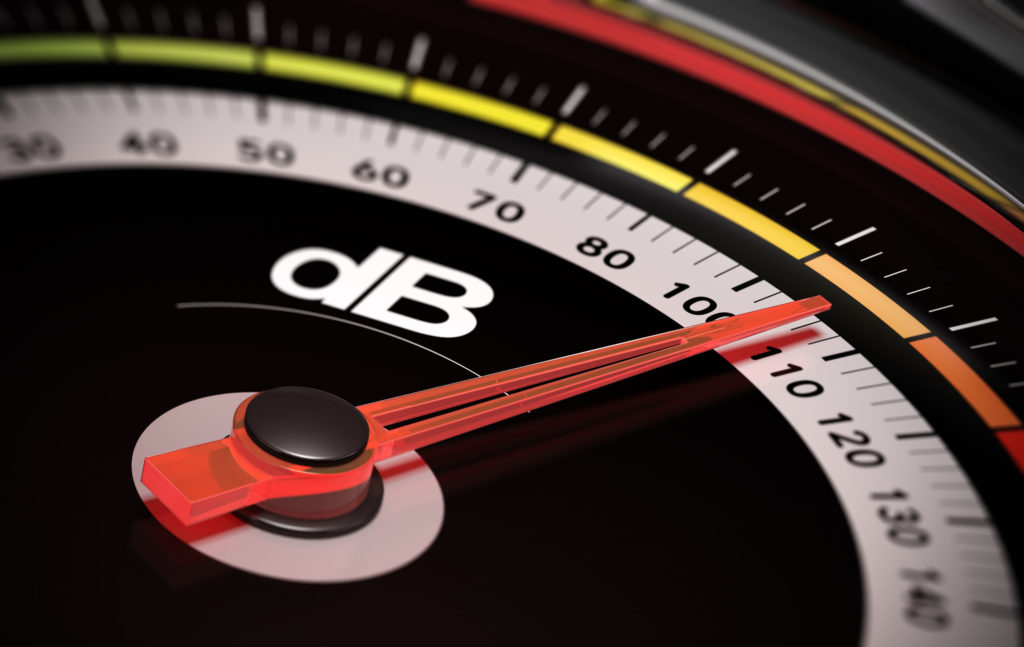Looking for a Quiet Generator? We’ve Compared Models

One drawback to standby generators is their noise. Simply put, there is no such thing as a silent generator. Consumers, therefore, conduct thousands of searches on Google every year for “quiet generator,” and understandably so — noise ordinances or the need to appease neighbors may require such a concern.
Things to Keep in Mind when Looking for a Quiet Generator
How Much Power Do You Need?
When looking for a quiet generator, there are several things you have to keep in mind. The first is that, in general, the larger the size of the generator, the more noise it will produce. A 35kW generator will always produce more noise when it’s running under a normal load than will a 17kW generator. But depending on your needs, you might not want that smaller generator. This comparison breaks down at smaller levels among similar-type generators, however. A small, 7.5kW standby generator will make more noise than some larger units.
Before purchasing a generator, you should take an inventory of what you will want your standby generator to power during an emergency. Below is a list of common, large household appliances and their power requirements:
60-watt lightbulb: 60 watts
Air conditioner: 1,000-4,000 watts
Coffee machine: 800-1,400 watts
Dishwasher: 1,200-1,500 watts
Laptop: 150 watts
Hair Dryer: 1,800-2,500 watts
Microwave: 600-1,700 watts
Oven: 2,150 watts
Refrigerator: 1,400 watts
Washing machine: 500 watts
Clothes dryer: 1,000-4,000 watts
Water Heater: 500 watts
Not included in this list are all the smaller appliances you likely run at the same time. Smaller lights, televisions and gaming systems, small kitchen appliances, irons, computers, cell phone chargers, etc. are missing from this list. To enjoy these conveniences, you will need a larger, whole-house generator, which will produce more noise.
However, the more appliances you can do without, the smaller (and quieter) the generator you can purchase.
It’s important to consider how much power your house requires not just because of the risk of purchasing an underpowered unit but because you also do not want to purchase a unit that produces more power than you need. Purchasing an over-large generator for your house will result in wasted dollars, as larger generators are more expensive, and unnecessary noise. Buying a too-large diesel generator also poses the risk that you will never run the diesel with enough load (the power your house draws from the generator), which can result in wet stacking the generator’s engine, which will damage it over time.
What are You Comparing?
The second thing to keep in mind is that when you shop for a quiet standby generator, you have to compare apples to apples. If you’re set on a diesel generator, it is no good looking at decibel levels produced by natural gas units. Before looking at decibel levels, decide first what type of fuel you want. Your choices for fuel will include natural gas, propane, diesel, and gasoline.
You also have to compare the same generator types when consider noise. Inverter generators are generally very quiet, for example, while portable and permanently fixed units produce more noise.
There are Always Variables
The third and final thing you must keep in mind is that there are variables when it comes to sound. A generator’s surroundings, for example, will greatly impact how loud it is. The sound from a generator set among concrete surroundings will travel farther than a generator set among landscaping. Location will play a large role in how the sound from any generator is perceived.
Variable also are sound levels that generators produce when they perform their weekly test and when they are running under full capacity. A generator that produces lower decibel levels while at full speed may emit higher noise levels when it runs its weekly test than a comparable model. You will have to decide which of these noise levels you care about more.
There are also subjective preferences to noises. What annoys one person is acceptable to another. A “quiet” generator does not mean the same thing to everyone.
Comparing Generator Models for Quietness
Below we’ve compared the decibel levels of ten generators, two that produce about 8kW of power, four that produce about 12kW of power, and four that produce 20kW. All models are fueled by natural gas or propane. The decibel levels in the chart are the manufacturer’s reported ratings during normal operation. As a note, the U.S. standard for calculating a decibel level of a generator is measured using a microphone held 21-feet away from the generator.
Also worth noting is how decibels are measured. The decibel scale is logarithmic, which is a fancy way of saying the scale is curved. So, while 10dB is ten times as intense as 1dB, 60dB is one million times as intense.
Between the models compared, Generac produces the quietest 8kW and 12kW generators. Among the 20kW generators we compared, Briggs & Stratton produces the quietest generator. To compare other generators, look up the “spec sheet” on the manufacturer’s website for any given model.
Comparison of 8kW Natural Gas Standby Generators
| Manufacturer | Generator | dB |
| Kohler | 8RESV with OnCue plus single phase | 72 |
| Generac | PowerPact™ (7.5kW) | 69 |
Comparison of 12kW Natural Gas Standby Generators
| Manufacturer | Generator | dB |
| Kohler | 12RES single phase (12 kW) | 65 |
| Cummins (Onan) | Quiet Connect Series – RS13A (13 kW) | 65 |
| Generac | Guardian® 11kW Home Backup Generator | 63 |
| Briggs & Stratton | 12kW “Fortress” Standby Generator | 69 |
Comparison of 20kW Natural Gas Standby Generators
| Manufacturer | Generator | dB |
| Kohler | 20RESCL with automatic transfer switch single phase | 69 |
| Cummins (Onan) | Quiet Connect Series – RS20A & RS20AC | 65 |
| Generac | Guardian® 20kW Home Backup Generator | 66 |
| Briggs & Stratton | 20kW “Fortress” Standby Generator | 64 |
